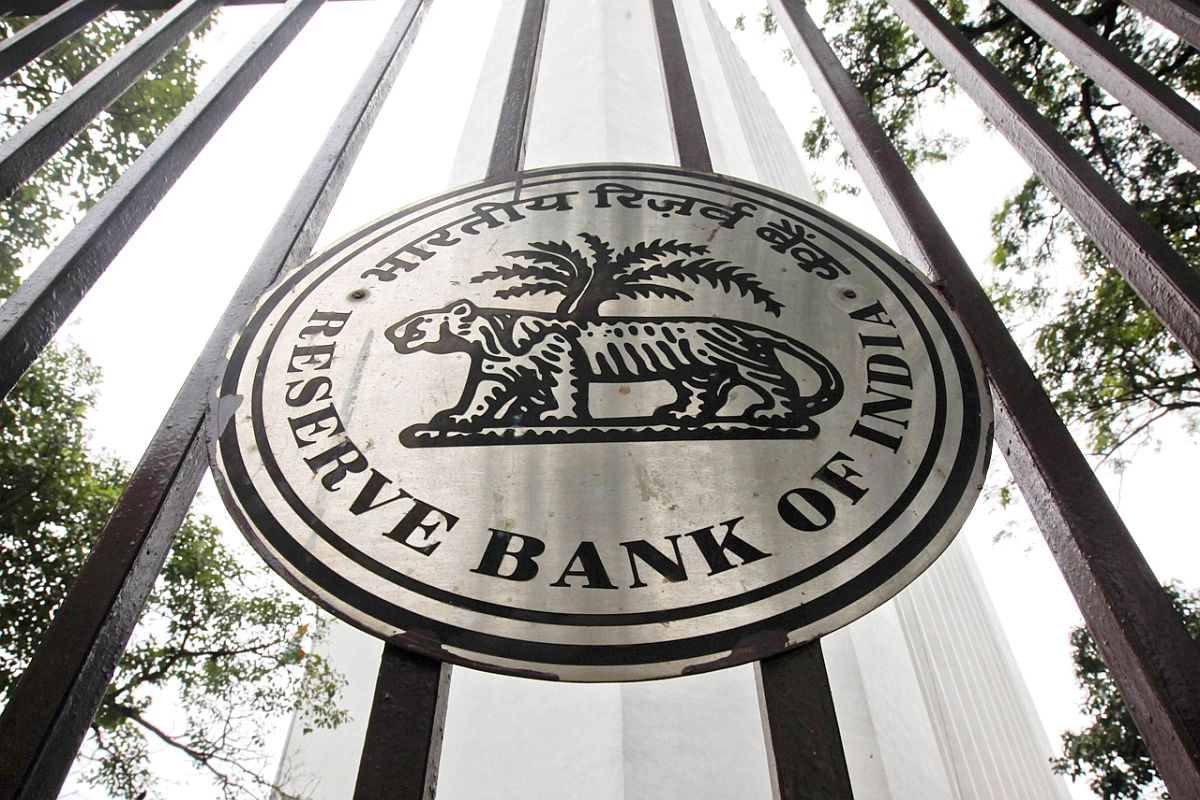Former RBI Governor appointed Principal Secretary-II to PM
Dr P K Mishra is the Principal Secretary-I to the Prime Minister.
The RBI made it clear that this will not affect the credit history of people and neither will it let to asset classification.

Reserve Bank of India. (File Photo: IANS)
With the financial activity under severe stress amid lockdowns over the Coronavirus outbreak, the RBI on Friday announced a three-month moratorium on payment of EMIs on all term loans that were outstanding on March 1. The RBI made it clear that this will not affect the credit history of people and neither will it let to asset classification.
All commercial banks including regional rural banks, cooperative banks, NBFCs (including housing finance companies) and lending institutions have been permitted to allow a moratorium of three months on payment of installments in respect of all term loans outstanding as on March 1, RBI Governor Shaktikanta Das said after an unscheduled Monetary Policy Committee meet.
Advertisement
Banks may also reassess working capital cycle and will not be treated as non-performing assets, he said. Mitigating debt servicing burden to prevent transmission of financial stress to the real economy, provide relief to borrowers said the RBI chief.
Advertisement
NITI Aayog CEO Amitabh Kant lauded the RBI governor for taking such a measure and said the three-month moratorium on all loans is a “timely measure”.
“I compliment the RBI Governor on putting this moratorium of three months and also waving off interest and bringing down the repo rate This is the way to go. This is a progressive and timely measure,” Kant said while speaking to ANI.
The apex bank has decided to reduce the Cash Reserve Ratio (CRR) of all banks by 100 basis points to 3 per cent of Net Demand and Time Liabilities with effect from the fortnight beginning March 28 for a period of 1 year.
Meanwhile, Das in his address also assured citizens that the Indian banking system is “safe and sound”.
“In recent past COVID-19 related volatility in stock market has impacted share prices of banks as well resulting in some panic withdrawal of deposits from a few private sector banks.” he said.
He urged people not to panic withdraw their deposits from banks. “Your funds are safe,” he said.
“It would be fallacious to link share prices to the safety of deposits. Depositors of commercial banks including private sector banks need not worry on the safety of their funds,” the RBI governor said.
The RBI has injected liquidity of Rs 2.8 lakh crore via various instruments equal to 1.4 percent of GDP. “Along with today’s measures liquidity measures equal to 3.2 per cent of GDP. RBI will take continuous measures to ensure liquidity in the system,” said Shaktikanta Das in his address.
The Reserve bank of India on Friday slashed the repo rate by 75 basis points to 4.4 per cent in a bid to tide over the disastrous impact of the novel Coronavirus on the economy.
Advertisement